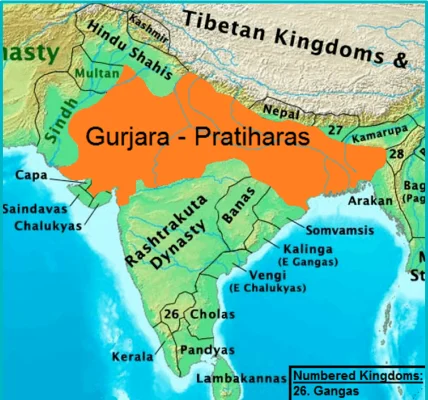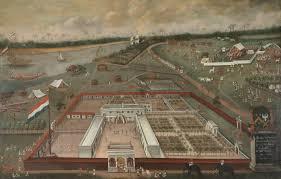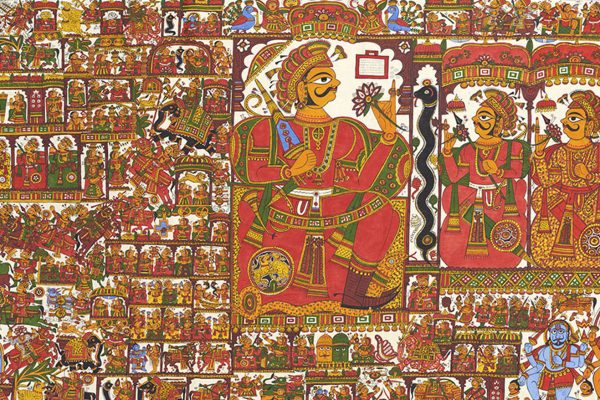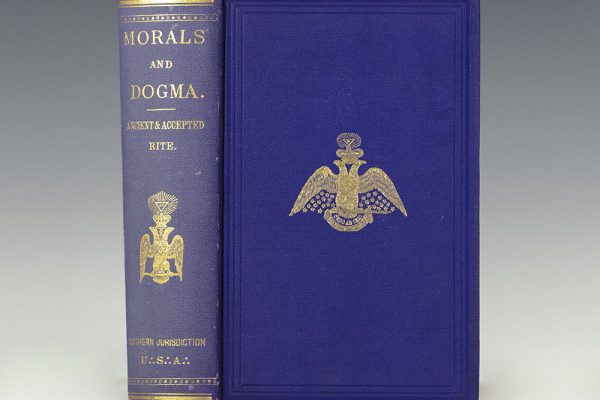
The Economic Dynamics of the Gurjara-Pratihara Empire: Agriculture, Trade, and Governance (8th-11th Century)
During their reign from the 8th to the 11th centuries, the Gurjara-Pratihara dynasty wielded significant influence over the economic landscape of early medieval India. This excerpt delves into their agricultural innovations, vibrant trade networks, and effective governance strategies, highlighting how these elements contributed to the empire’s economic prosperity and societal stability. Agricultural advancements, including improved irrigation and crop diversification, supported a thriving agrarian economy, while robust trade routes facilitated commerce both within the empire and beyond. Governance policies, marked by structured taxation and urban development, fostered economic growth and cultural integration, shaping the Gurjara-Pratihara empire into a pivotal economic powerhouse of its time.
















